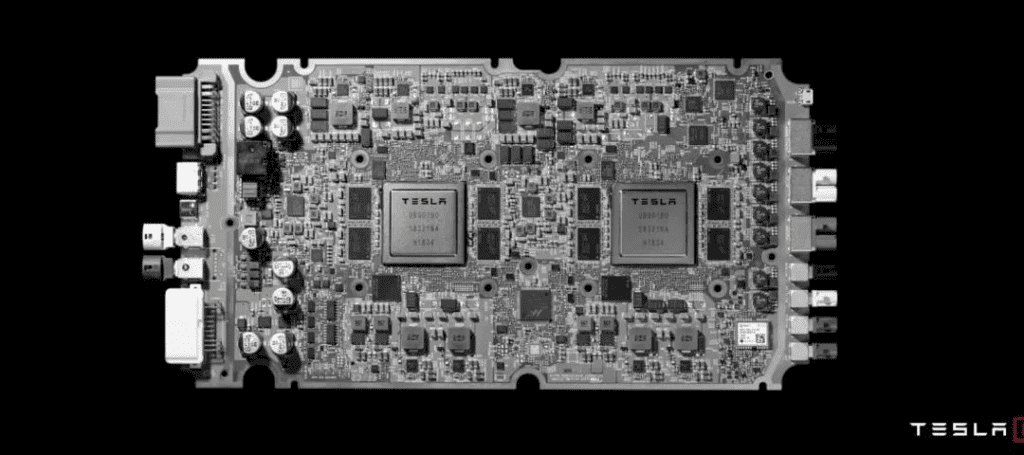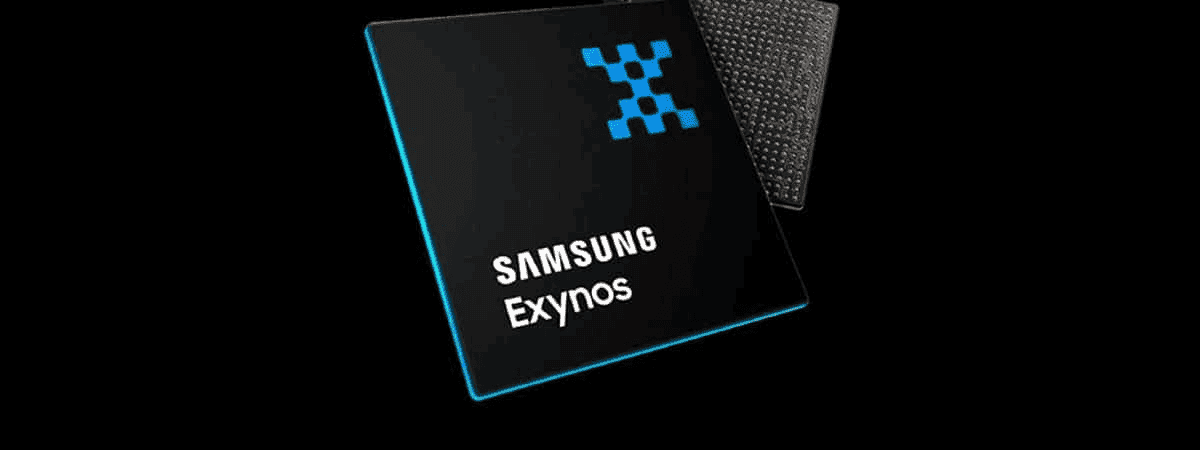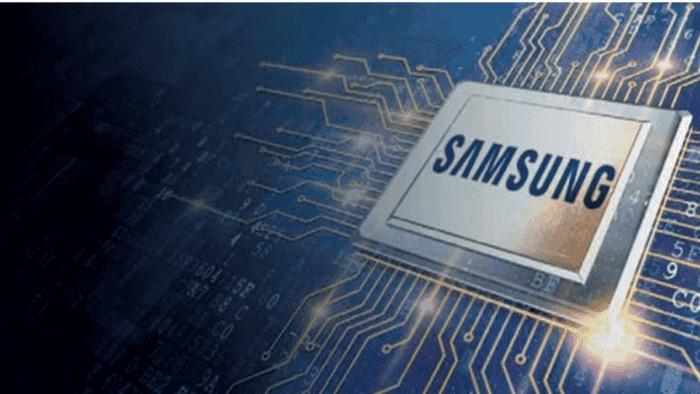Life is not easy in Samsung’s chipset business. After losing Qualcomm to TSMC, and having to put its Exynos flagship series on hold, Samsung loses another battle. According to Taiwan Economic Daily, Tesla is replacing Samsung with TSMC. The company won a large order for Tesla’s assisted driving (FSD) chips. These will be produced at 4nm and 5nm processes. For now, TSMC declined to comment, but this represents another loss for Samsung’s chipset division.
Tesla to become a key customer for TSMC
As per the reports, Tesla may become one of the top seven customers of TSMC in 2023. It’s an important milestone, and in fact, it’s the first time that a new energy car company customer appears among TSMC’s main clients. Samsung would certainly appreciate Tesla as a customer, especially after the loss of Qualcomm’s Snapdragon division.
Tesla is busy on developing a fully automatic driving system – Full Self-Driving Computer. It uses a chip and integrates high-speed computing, AI, and other functions. Before this, Tesla was betting on a multi-supplier strategy. It would place orders at Samsung and TSMC. The previous generation of FSDs was produced at 14nm, mainly at Samsung’s Austin factory. The chip carries the Hardware 3.0 name and was later upgraded to a 7nm process. Now, Tesla will go to the 4nm/5nm territory and will order chips only from TSMC.

The image processing speed of Hardware 3.0 is 21 times higher than that of the 2.5 version. Also, the cost of a single unit is 20% lower, and old car owners can upgrade for free. Tesla’s self-developed FSD chip has a computing power of up to 144 TOPs. There are eight cameras supporting the system and completing the visual processing work. The next-gen is coming soon with TSMC ( Hardware 3.5 or 4.0?). It will offer three times the power of the current model.
Samsung’s chipset division struggles
This certainly is another punch at Samsung. Everything seems to have started with the Snapdragon 8 Gen 1. The 4nm SoC had heating issues and low power efficiency. Also, the hyped GPU was behind the competition. The company rushed to TSMC and delivered new chips under the Snapdragon 8+ Gen 1 moniker. Now, the Snapdragon 8 Gen 2 uses TSMC and the brand is not looking back. As per some reports, the brand is leaving Samsung even for the mid-range lineups. The Snapdragon 7 Gen 2 will also rely on TSMC.

For now, it seems that Google’s Tensor division will play a key role in the future of Samsung’s chipset business.





